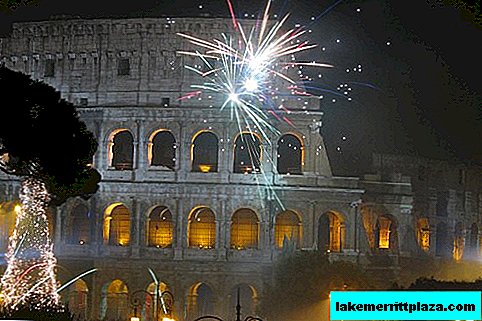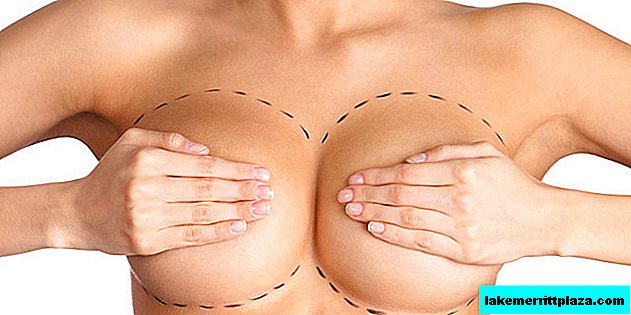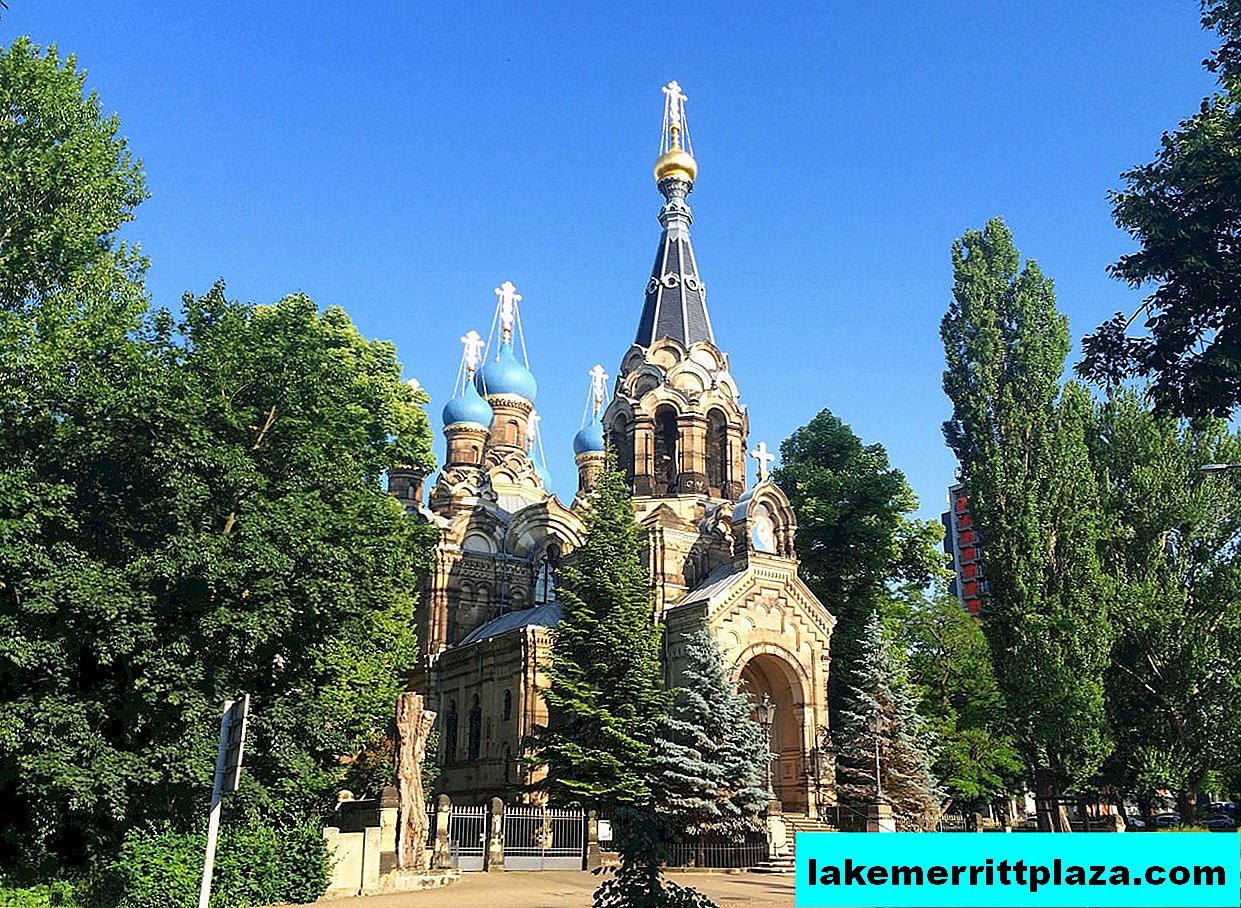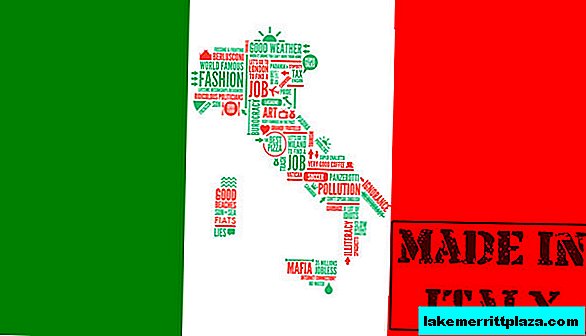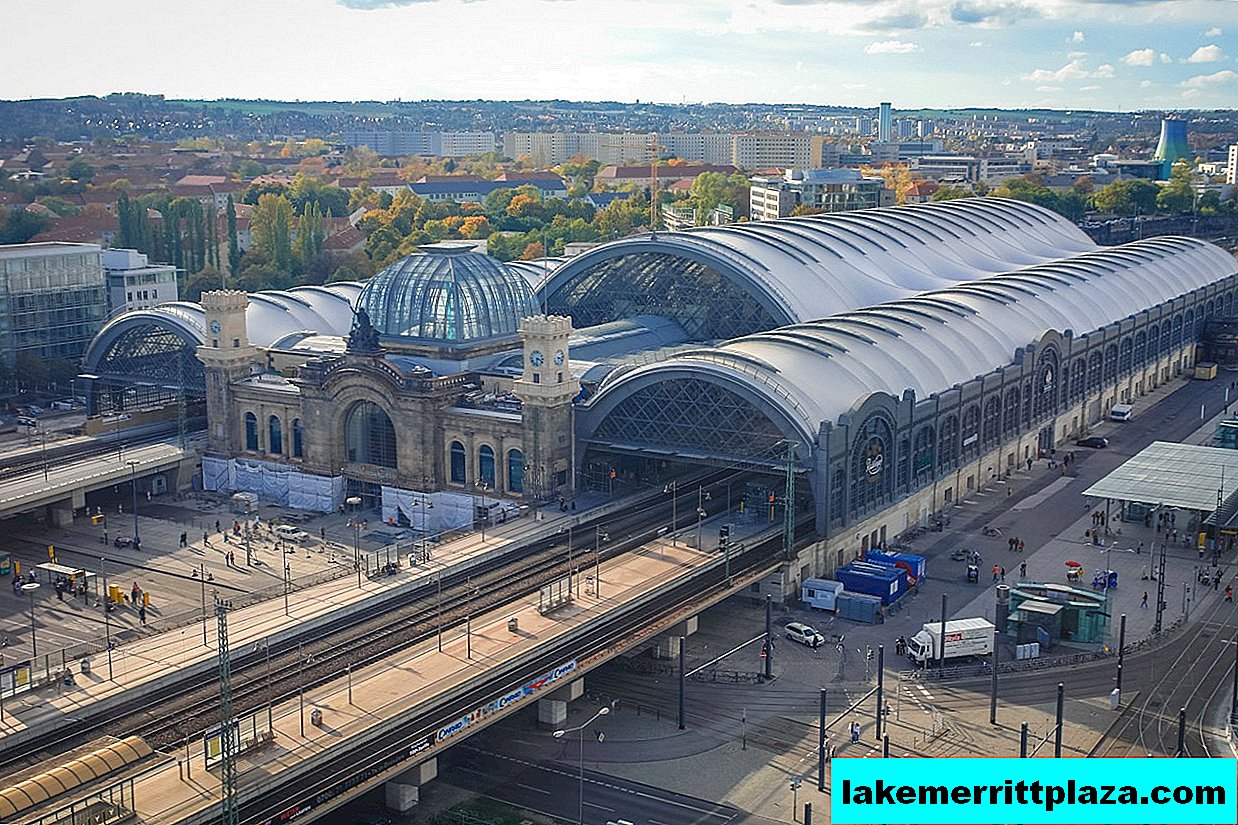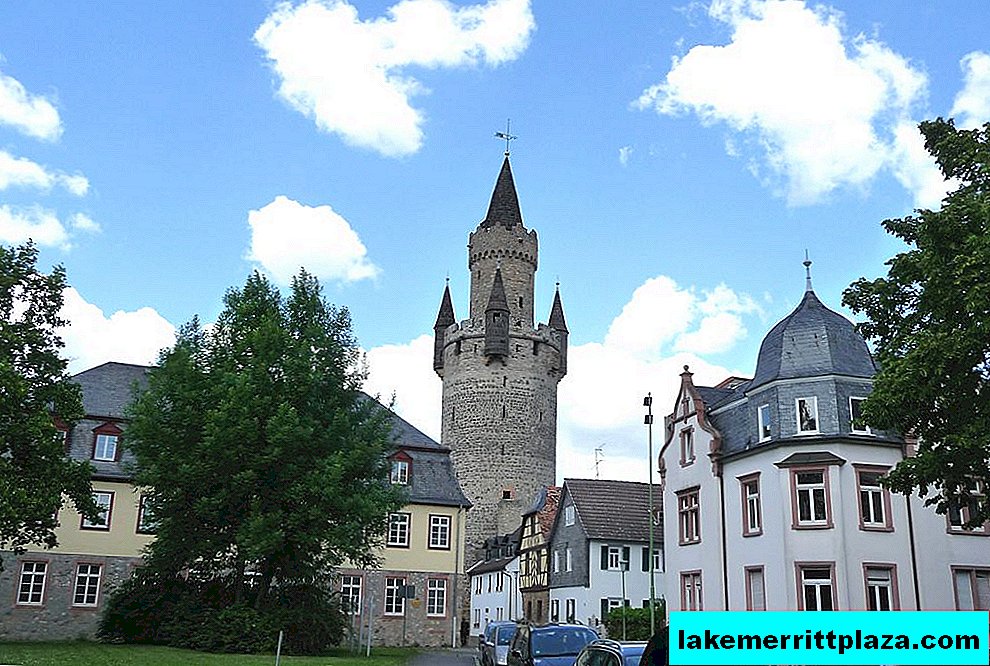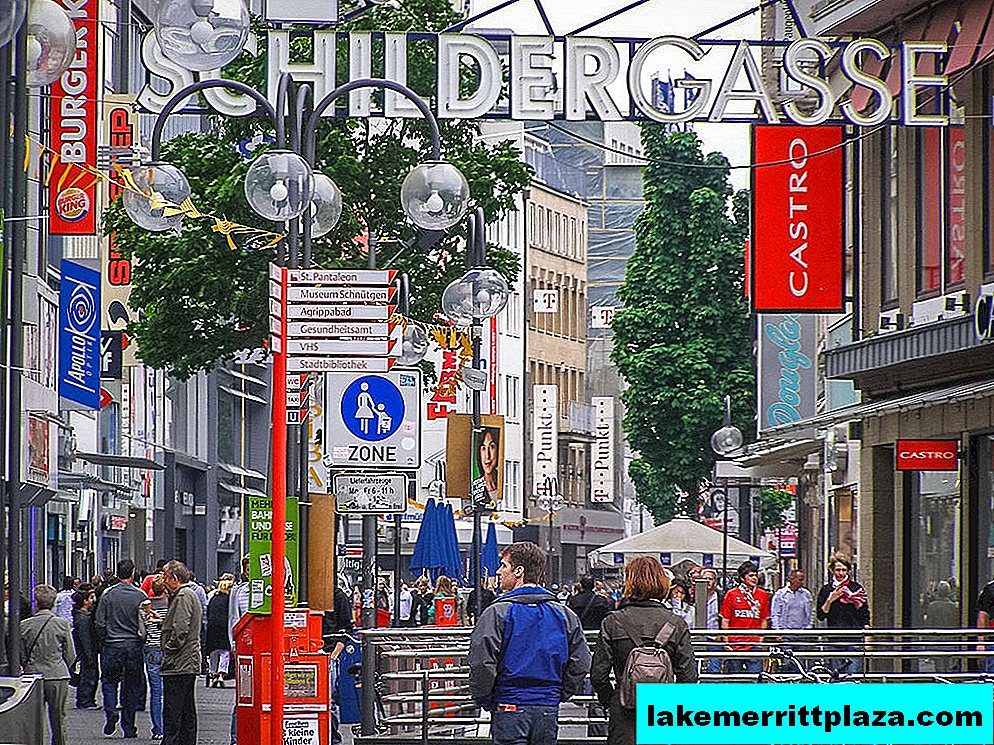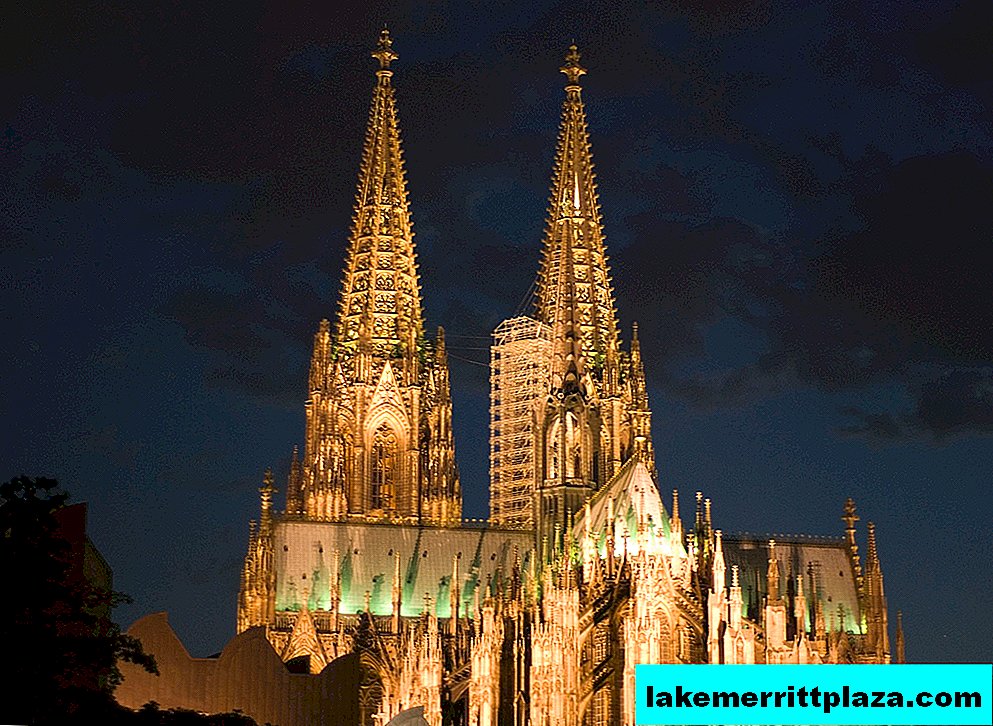Developed metropolis, economic, cultural, media center of the country. The city is in 4th place in terms of population, and in 3rd place in Germany in terms of area. It stands on the coast of a cozy bay on the Rhine. On three sides, Cologne is surrounded by mountain ranges and elevations; Ville National Park is approaching the city from the west.

Koln
The Second World War left a noticeable mark on the look of Cologne: after the city was rebuilt, medieval temples coexist with modern banks and business centers, and Roman ruins with fashionable shops. There is a special cozy atmosphere, a lot of greenery. The Old Town is located on the left Rhine bank.
Cologne Attractions
 Cologne Cathedral
Cologne Cathedral
 Cologne Town Hall
Cologne Town Hall
 Big Saint Martin
Big Saint Martin
 Church of St. Gereon
Church of St. Gereon
 White House
White House
 Wallraf-Richartz Museum
Wallraf-Richartz Museum
 Cologne Trade Fair
Cologne Trade Fair
 Gürzenich
Gürzenich
 Lanxess Arena
Lanxess Arena
 Chocolate Museum
Chocolate Museum
 Volksgarten
Volksgarten
 Ludwig Museum
Ludwig Museum
 Apostolic church
Apostolic church
 Church of st. Panteleimon
Church of st. Panteleimon
 Museum of Spirits
Museum of Spirits
 Roman-Germanic Museum
Roman-Germanic Museum
 Pretorium
Pretorium
 Musical Theatre
Musical Theatre
 Philharmonic
Philharmonic
 Museum of Sports and Olympic Movement
Museum of Sports and Olympic Movement
 Opera theatre
Opera theatre
 City Museum
City Museum
 Kete Kolwitz Museum
Kete Kolwitz Museum
 Zoo
Zoo
 Botanical Garden Flora
Botanical Garden Flora
 Lentpark
Lentpark
 Reinpark
Reinpark
 Sculpture park
Sculpture park
 Cableway
Cableway
 Media Park
Media Park
 Rain Energy
Rain Energy
 Hans Skyscraper
Hans Skyscraper
 Fantasy land
Fantasy land
Cologne Cathedral

Cathedral of the Blessed Virgin Mary and St. Peter
The whole world knows Cologne Cathedral (Kölner Dom). The gigantic temple has been under construction since 1248, and the work has not yet been completed. The highest spire of the building rises 157 meters. The cathedral is a vivid example of Gothic architecture, the creation of several generations of architects. Under its arches are stored priceless relics. More details ...
Town Hall

Cologne Town Hall
To the south of the cathedral, between the Rathausplatz and Alter Markt squares, stands the 14th-century Town Hall with a late-Gothic 61-meter tower. The building is decorated with 124 statues located on five levels. More details ...
Church of st. Martina

Church of st. Martina
In Cologne, twelve Romanesque churches have survived. The most famous is the church of St. Martin (Groß St. Martin) (XII century) or Big St. Martin, as the inhabitants of the city call it. Over time, it was partially rebuilt in the Gothic style with Baroque elements. After the war, the building had to be restored almost completely. More details ...
Church of st. Gereon

Church of St. Gereon, photo by Paul McClure
The oldest temple in the city is the Catholic Church of St. Gereon. This is a three-nave basilica of the IV century with a decagonal dome - a representative example of Romanesque architecture. More details ...
Apostolic church

Apostolic Church, photo Mr. Pixel
The Apostolic Church (St. Aposteln) is a Romanesque three-nave basilica, XI-XII centuries. buildings, with two transepts and three towers. The octagonal dome-lantern crowns the eastern middle cross. It is an oasis of peace and quiet in the busy Neumarkt square. It was rebuilt many times, during the war it was destroyed, but already in 1957 its restoration began, which lasted almost 40 years. The original interiors have not been preserved, but there are works of art in the church worthy of attention. More details ...
Church of st. Panteleimon

Church of St. Panteleimon
St. Pantaleon Church (St. Pantaleon) - one of the oldest in Germany. It was built on the territory of the Benedictine monastery in 960. At first it was a one-nave temple, and in the XIII century. it was rebuilt into a three-nave basilica. Today, church services are held. And its interior is striking in its wealth and luxury. More details ...
White House

White House
The most elegant castle in Cologne is the White Palace (St. Gereon) water palace (XIV century). It is located in the south of the city, in Sylz. This fortified building, once surrounded by water, served as the residence of the Abbots of the Benedictine monastery. More details ...
Wallraf-Richartz Museum

Wallraf-Richartz Museum
The Wallraf-Richartz-Museum or the Fondation Corboud Foundation is a large and substantial gallery with a collection of medieval paintings, religious paintings, and works of expressionists. More details ...
Ludwig Museum

Lena and I near the Ludwig Museum
The Museum Ludwig is more of an art gallery than a museum. A magnificent modern building was built in 1986. Here you will see works of art of the 20th and 21st centuries: works of American pop art, masterpieces of German expressionism, surrealism, Russian avant-garde and works of contemporary artists. More details ...
Chocolate Museum

Chocolate Museum
Cologne's most popular Chocolate Museum (Schokoladenmuseum). It has been open in the Rheinauhafen harbor since 1993. It is a complex of several floors with its own greenhouse, a chocolate fountain and a shop. More details ...
Farin's House

Museum of Spirits
In the center, opposite the Town Hall, is the Farina House, where the creator of Eau de Cologne (cologne) and the founder of the perfume factory Johann-Maria Farina lived. Now here is the Perfume Museum (Duftmuseum). Its exposition presents the history of perfumery art and, separately, Cologne Water. You will see paintings and photographs with a description of technological processes, old equipment for the production of perfumes, a collection of bottles of different eras. More details ...
Roman-Germanic Museum

Roman-Germanic Museum
The Roman-German Museum (Römisch-Germanisches Museum) is an archaeological museum, the exposition of which tells about the times when Cologne and its environs were a province of the Roman Empire. The exhibits are finds covering the period from the Paleolithic to the early Middle Ages. One of the museum’s treasures is the mosaic of Dionysus (3rd century AD), a beautiful mosaic floor of an antique villa. More details ...
Pretorium

Excavations of the Praetorium
Investigation of the ruins of the palace of the Roman governor (I-IV centuries), the Pretorium (Prätorium), ended only in 2007. They are located directly under the building of the city hall. Now here is a museum that is popular with tourists. This is the most significant Roman building on the Rhine. More details ...
German Museum of Sports and Olympic Games

Museum of Sports and Olympic Games
The German Museum of Sports and Olympics (Deutsches Sport & Olympia Museum) was opened in 1999. Here you will see permanent exhibitions telling about the history of sports, thematic exhibitions and interactive shows where you will be introduced to cult figures from the world of sports and interesting sports events. of the past. You can participate in the Museum Olympic Games. More details ...
City Museum

City Museum of Cologne
The City Museum (Kölnisches Stadtmuseum) is housed in the arsenal of the Old Town. You will immediately recognize this building by its characteristic red and white shutters. Its exposition tells the story of Cologne, from the Middle Ages to the present day and has about 300,000 objects. More details ...
Kete Kolwitz Museum

Kete Kolwitz Museum
The Käthe Kollwitz Museum exhibits works by a German artist, graphic artist and sculptor, one of the most striking expressionist figures of the early 20th century. It contains the largest collection of gloomy, but very emotional drawings, prints, posters and sculptures of Kolwitz. More details ...
Cologne Trade Fair

Cologne Trade Fair
The Cologne Trade Fair (Koelnmesse) is an international center in which exhibitions and business events have been held for almost a century in all sectors. More details ...
Gürzenich

Gürzenich
Gürzenich (Gürzenich) - a huge concert hall, where the Symphony Orchestra of the same name plays. The building has existed since the Middle Ages, it always served for concerts and amusements, it was rebuilt after the war. More details ...
Lanxess Arena

Lanxess Arena
Lanxess-Arena - a sports complex in the Art Nouveau style, a multifunctional ice arena for 20,000 spectators. More details ...
Rain Energy

Rhine Energy Stadium
The RheinEnergieStadion was built in 1923. Twice it was reconstructed. Now it is used exclusively for football competitions and periodically there are arranged pop concerts. In 2006, as part of the World Cup, the stadium hosted 4 matches of the group stage and one match of the 1/8 finals. More details ...
Musical Theatre

Musical Theatre
Musical Domes usually feature musicals on stage, but there are also regular concerts and shows. A distinctive feature of the theater is the blue dome-shaped roof, which is beautifully illuminated in the evening. More details ...
Philharmonic

Cologne Philharmonic
The Cologne Philharmonic (Kölner Philharmonie) is one of Cologne's best concert halls. It was built in 1986 and is located in the building of the complex next to the museums of Ludwig and Wallraf-Richartz. The hall is built in the form of an amphitheater, and the stage is located almost in the center, which allows viewers to better see and hear musicians. More details ...
Opera theatre

Cologne Opera House
The Cologne Opera House was built in 1957. The theater building resembles a concrete box without architectural frills. But despite the external unpretentiousness, inside the Opera House is very noisy life. More details ...
Cologne Zoo

Zoological Park, photo by Markus Lenzen
Cologne Zoo (Kölner Zoo) was open to the public in 1860 and is still popular. The history of the zoo began with him. In a relatively small area, predators and exotic herbivores, reptiles, birds, fish and insects live. And here a herd of Indian elephants has been living here for almost 10 years. More details ...
Botanical Garden Flora

Botanical Garden "Flora"
Flora "(Flora und Botanischer Garten) is the oldest botanical garden in Europe. The concept is based on the principle of mixing styles. Here you will find flower beds and a classic English garden, the Temple of Flora, small waterfalls and shaded alleys. More details ...
Lentpark

Sports complex Lentpark
The sports and entertainment complex Lentpark was opened in 2011 on the site of the old. On the top floor there is an ice rink where hockey competitions, figure skating are held, it is also available for ordinary visitors. Downstairs are the pools. There are indoor, outdoor, thermal, educational and children's pools, water slides, saunas, a gym and a bar. More details ...
Reinpark

Reinpark
The Rheinpark is Cologne's largest park. In 2013, he turned 100 years old. It is so large that a miniature railway was even laid in its territory. In the park, residents and guests like to relax. Climbing the cable car, you can, moving from one river bank to another, see the panorama of Cologne, the Rhine and the surrounding area. More details ...
Volksgarten

Volksgarten
People's Park (Volksgarten) is a place for leisurely relaxation, picturesque glades, a lake, centuries-old trees, a calm atmosphere. The park has a beer hall, which is more than 100 years old. It serves excellent Kölsch, traditional German snacks and fresh bread rolls. More details ...
Cableway

Cable Car in Cologne, photo by Seilbahnen
A cable car ride (Kölner Seilbahn) over the Rhine will give you pleasure. From a bird's eye view you will see the Old Town and its environs, Cologne Cathedral, which you can see in detail. More details ...
Sculpture park

Sculpture park, photo mitue
In the Sculpture Park (Skulpturenpark Köln) the works of contemporary sculptors are exhibited, considering it a platform for self-expression. Bizarre sculptures representing strange technogenic ornaments, geometric patterns, abstract compositions are hidden among the trees. The artistic value of the sculptures is dubious. But, nevertheless, the park has existed for almost 20 years and is a landmark of the city. More details ...
Media Park

Media Park
MediaPark (MediaPark) - a place of concentration of the media, the music industry. There are many restaurants and bars, as well as the Sinedom cinema, from the terrace of which there is a wonderful view of the surrounding areas of Cologne and the Media Park. More details ...
Hans Skyscraper

Hans Skyscraper
Hansahochhaus skyscraper is one of the first skyscrapers in Germany. This is an expressionism style office building. More details ...
Fantasy land

Fantasy land
The Phantasialand complex is a 300,000 m² family amusement and amusement park with seventeen thematic areas. More details ...
Altstadt (Old Town)
Innenstadt (city center)
You can wander around the city center all day. Stock up on comfortable Birkenstock shoes before you go after anything else. Are you done? Well then let's go!
Ringstrasse district (ring road)
A bit of history
Cologne was founded by the Romans in the 1st century A.D. The settlement on the Rhine received the status of a Roman colony. In the V century, he was captured by the Franks; in the eighth century, the city was proclaimed archbishopric. Cologne was ruled by the Roman Empire, France, Prussia; at the beginning of the 20th century was even the capital of the Rhine Republic. In the thirties, the inhabitants of Cologne resisted the Nazi authorities for a long time. During the war, the city survived the devastating bombing, and 95% of the buildings were destroyed. Recovery continued until the eighties.
Many traces of the ancient Roman era have been preserved here: fragments of the city wall, aqueduct, the remains of an ancient road, unique story mosaics on the floor of the Roman German Museum.
The origin of the name of the city
The settlement Oppidum Ubiorum in the territory of today's Cologne was founded in 38 BC. e. Mark Vipsaniy Agrippa. In the year 15 e. in the village, the commander Germanicus gave birth to a daughter Agrippina, who is considered the founding mother of Cologne, because it was she who asked her husband, Emperor Claudius, to give her hometown the status of a colony. In 50 g. e. The Oppidum Ubiorum received this status and became known as the Colony of Claudius and the Altar of Agrippintsev (Colonia Claudia Ara Agrippinensium), for short - the Colony of Agrippina, and by the Middle Ages only “Colony” remained in the name, in the local language - Cologne.
Away from the center
It is worth to move away from the city center, and Cologne will immediately appear as a green city, the center is surrounded on almost all sides by well-groomed and very popular parks. There is also a zoo, cable car through the Rhine and Media Park. It is easily accessible by public transport. Adults and children spend whole days here. Cafes and eateries in the area are not as attractive as in the center. So if you plan to spend a day in the park, stock up on picnic products or have a barbecue.
Take swimsuits as well, because there are great pools and thermal baths where you can swim or relax and soak up.
Many attractions in the area require a full day of sightseeing. At the zoo, pool and Reinpark on weekends it is very crowded. On Saturday and Sunday there are more Germans than tourists. But it's nothing, just get involved in the atmosphere of a common holiday.

